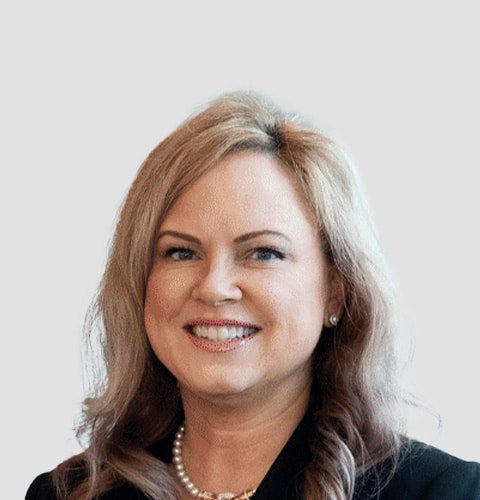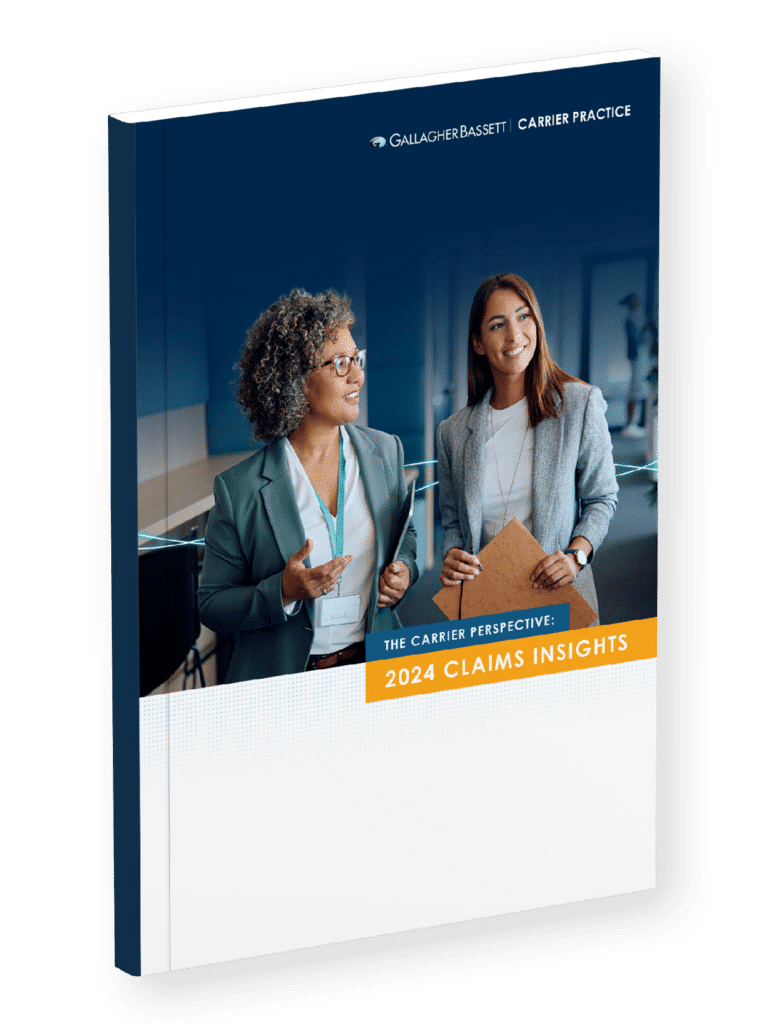We caught up with Amy O’Brien, VP, Carrier Practice, and Erin Brady, AVP, Managed Care Advisor, to discuss their recent conference highlights.
What sets VCIA apart from other captive conferences?
Amy O’Brien: With Vermont being the largest US captive domicile, the VCIA Annual Conference is always a must-attend event. VCIA advocates for captive stakeholders and is groundbreaking in terms of captive management and legal matters. This conference is highly attended, and so a significant amount of networking can be accomplished. It also happens that this is a fun community and industry to be a part of. We really enjoy meeting in person.
Erin Brady: My first observation was the turnout of the conference itself. There was strong attendance within the sessions and a steady stream through the exhibit space. This differs greatly from other conferences I typically attend like RIMS and NWCDC, which has a heavy vendor presence and is much more about the social aspect. I really appreciated the attendee group and the overall interest in learning and taking in the sessions. I met several folks that just came over to let me know they use Gallagher Bassett services and to say hello, which was also a welcome change!
As an advisor for GBCARE, our medical-management platform of solutions and integrated service partnerships, I am dedicated to our captive clients. This VCIA event is a great place to network and get a pulse for what aspects of medical management are (and are not) top of mind for this segment.
What topics were most discussed by presenters and in your conversations at the event?
Amy O’Brien: Some of the most notable discussions we had were focused on best practices and evolving expectations around proactive claims management. Topics included access to data and analytics, privacy in data, and better ways to manage legacy books of claims. Managed care and the use of telemedicine, a key topic we want to zero in on, was emphasized by a key presenter at the conference. During the pandemic, we saw that as office doors closed, the availability of telemedicine was critical for many people to obtain or continue treatment. Sidebar conversations took this a step further on the topic of mental health and the importance of having greater access to care—employee-assistance programs (EAPs) are simply not enough.
Erin Brady: Conversations echoed topics covered at the Workers’ Compensation Research Institute (WCRI) Annual Conference, which focused on the pandemic’s impact on essential workers and the increased propensity for anxiety, depression, medication abuse, and suicide. Our team utilizes our Clinical Concierge solution to connect with injured workers via text with the goal of enhancing support and highlighting the resources available to them immediately following a loss.
What conversations did you have with other attendees that most intrigued you?
Amy O’Brien: We met with some carriers, including fairly new market entrants, who reinforced their commitment to fronting captives and their willingness to partner with TPAs for claims handling. Many conversations centered on the need to support new and diverse people entering our market to ensure that opportunities and job openings are known. It is the people that make the captive industry work, and “people” was a recurring topic. On that note, a key conversation we had was with a behavioral-health firm on the importance of mental health. We found that we both felt strongly about providing services to injured workers who also have a psychological component to their claim.
Erin Brady: It was reassuring to speak with a firm in our space that is focusing solely on the behavioral-health aspect of workers’ compensation; specifically, they give patients a direct and private line into a clinical psychological assessment and provide the help they need. We definitely felt that there was a need for psychological-support solutions for injured workers that do not currently exist in the marketplace. Based on the information we learned from the WCRI Annual Conference about essential workers, we are also seeing more requests for behavioral-health support from clients. Today, the best option available is a partner for an EAP, which still requires additional outreach by the injured worker. Studies show that while over 85% of employers have access to an EAP program, only about 3–5% actually utilize it. Unfortunately, this late-intervention model can lead to missed opportunities for preventative support that can benefit these individuals.
What topics would you like to see covered at future conferences?
Amy O’Brien: We are committed to keeping claims and managed care on the agenda to help insureds and other stakeholders better manage their risk and claims. There are many new people in our industry and more will enter, so focusing on best practices is a straightforward way to ensure that everyone in the industry can benefit from a shared understanding.
Erin Brady: Overall, there seemed to be a gap concerning medical management-related topics in the sessions. I speak frequently to Gallagher’s group-captive clients on the GBCARE continuum of services discussing medical-management solutions and the distance we have come with the introduction of AI and other predictive models. Our ability to target the right candidates for care at the right time is critical to improving overall claims outcomes. We are watching the cost of medical continue to climb, and it can account for upwards of 60% of total claims cost. The investment in technology-driven approaches that GBCARE has made matters more when we describe how we couple technology with live human support and interaction because we understand the role that empathy and advocacy play when someone is experiencing an injury and navigating the workers’ compensation landscape, possibly for the first time.
While medical topics would be a great addition, creating awareness for solutions that support injured workers physically and emotionally would also be a welcome topic. Medical accounts for upwards of 60% of total claims cost, and solutions are advancing now to improve outcomes and get injured workers back to health and work. Additionally, these solutions have been proven to help reduce claim costs and disability duration for organizations.
What are the ways that captives can engage with partners like GB to solve pain points?
Amy O’Brien: In the captive community, insureds and their business partners are surrounded by people willing to help. Ask them your questions, and ask for referrals and roundtable topics. We are always willing to take the time to talk with captive clients to better understand their needs and how we can help them achieve superior outcomes.
If you are interested in discussing our solutions for captives or learning more about GBCARE, please reach out to (the newly-minted Captive Review Award-Winner) Amy O’Brien or Erin Brady.






